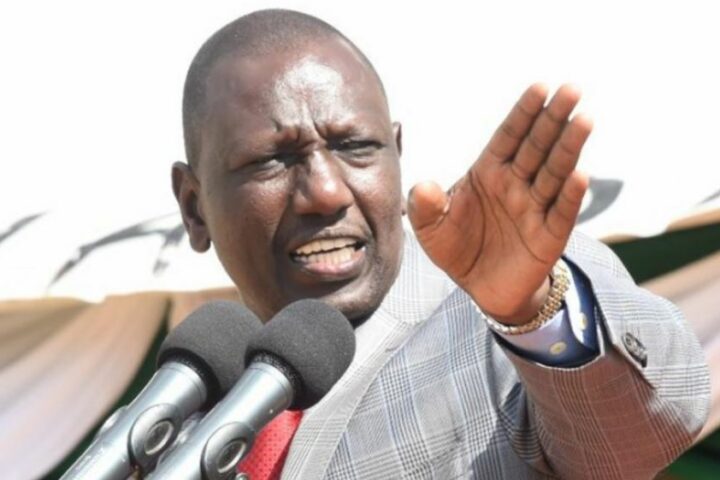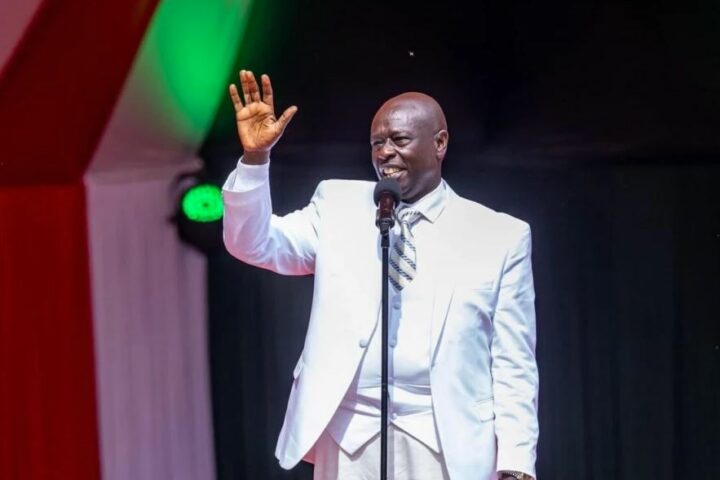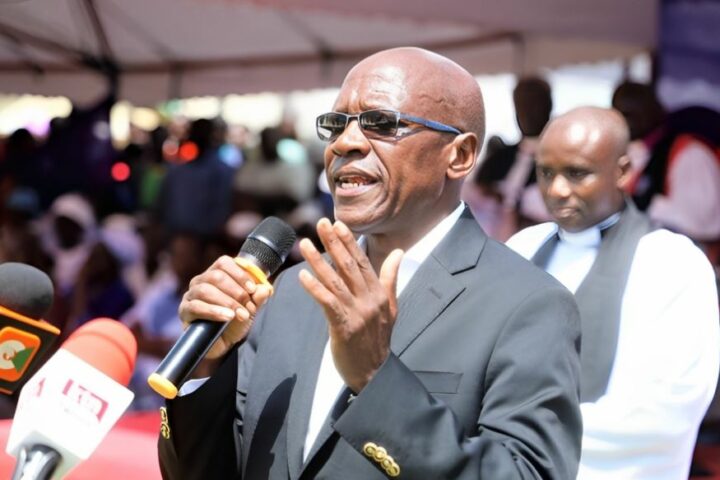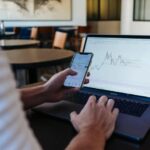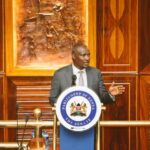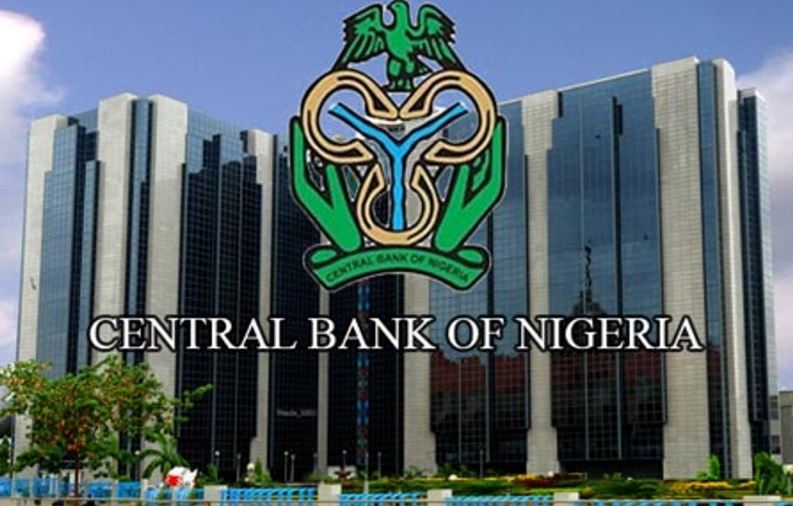 A war of words has erupted over the management of the Nigerian economy in recent weeks, with Edo State Governor Godwin Obaseki launching the first salvo, accusing the federal government of disastrous economic management, and alleging that the government is printing money to finance federal allocations. The economic conditions in the country are very bad and there is a lot of different thoughts and ideas.
A war of words has erupted over the management of the Nigerian economy in recent weeks, with Edo State Governor Godwin Obaseki launching the first salvo, accusing the federal government of disastrous economic management, and alleging that the government is printing money to finance federal allocations. The economic conditions in the country are very bad and there is a lot of different thoughts and ideas.
The finance minister, Zainab Ahmed responded to this case that the question presented by the Edo State governor is very unfortunate because it is not true. The information distributed at FAAC is induced income, and the dissemination of revenue is, in effect, public information.
They distribute at FAAC and publish revenue provided by FIRS, Customs, and the NNPC. As a result, the claim that they printed money to distribute at FAAC is false. This is not the case. Governor Obaseki retaliated, saying that he stood by his comments as an investment banker. He put it this way in his rebuttal to the finance minister’s statement:
Mrs. Zainab Ahmed, Minister of Finance, Budget, and National Planning, should mobilize Nigerians to stop the country’s apparent fiscal decline. Rather than playing the ostrich, they advise the government to take immediate action to end the ongoing fiscal shambles and keep the current economic crisis from worsening.
Despite their diametrically opposite viewpoints, it became obvious that one of Governor Obaseki and the finance minister was not telling the facts.
As the crossfire erupted, the governor of the Central Bank of Nigeria remained quiet until he was caught on camera threatening Governor Obaseki and other governors who were bailed out in 2015/16 with urgent recovery action if they don’t quit accusing the government of printing currency.
The government’s printing of money was neither refuted nor accepted.
Backstory
According to TheCable, an online publication, data showing the details of the February 2021 revenues exchanged by the three levels of government in March has been seen. According to the survey, the three levels of government (federal, state, and local) exchanged a total of N605.589 billion in March 2021.
If the data stated by TheCable is right, it backs up the finance minister’s claim that only revenue remitted to the federation account from revenue-generating agencies of account was exchanged during the March 2021 federal allocation, and that no printed money was distributed.
In many responses from the government, the deficit is justified because of the increased popularity of the financial industries that is difficult for the government to track, or even impossible.
The covid pandemic made either the crypto-industry or forex even more popular as it was giving people the opportunity to generate their profits.
As a result, demand for Forex brokers in Nigeria was massively increased. The government often states that other than the advantages of those industries for people to raise their income, the main flaw is considered to be the absence of the possibility to track where the money from the country flows to.
It should be remembered, though, that there are two sales pots. The federation account, into which all raised revenues are deposited, is the first pot, while the federal government (FG) budget is the second. The FG’s share of income from the federation account is transferred to the FG budget pot.
The finance minister reported that no printed money was deposited in the federation account pot, which is supported by data obtained by TheCable. The FG expected to deplete the FG spending pot by N7 trillion in 2021, but it also planned to invest N13 trillion from it.
As a result, there is an N6 trillion deficit in this pot. So far, we know that Nigeria is printing money and that it is not being used to finance the federation account; but, we do not have evidence that the printed money is not being used to fund the FG budget deficit or for what other reasons it is being used.
Possible Solutions
The term “constructive criticism” refers to criticism that has viable alternatives. When people or organizations are having financial difficulties, they have two options for getting out of the bind. The first goal is to cut costs, and the second is to boost sales.
This is a two-dose vaccine to give the government a fighting shot against financial covid infection. There are also many other important steps that should be taken in order to make positive changes.
* Reduced governance costs – The Nigerian government must move quickly to will the cost of governance. The Oronsaye Committee, which submitted an 800-page report with far-reaching suggestions about how the government should cut governance costs, must be granted full compliance right away.
* Rich people’s taxes – Nigeria is a world where billionaires do not pay taxes. Market women, okada riders, fishermen, artisans, and others are all required to pay taxes on a regular basis. Employees who are subject to PAYE must pay taxes on a regular basis.
* Stop the $1.5 billion Port Harcourt refinery repairs – The government must urgently halt the $1.5 billion refinery reconstruction project in Port Harcourt. Given the fact that government programs are never completed on time, this reconstruction could cost Nigeria $3-5 billion.
* Power – It’s a shame that Nigeria, as a country with one of the world’s richest gas reserves, goes to certain lengths to produce the gas before igniting it rather than using it to generate energy.
* Rail – No industry can thrive with the present state of Nigeria’s transportation system. Nigeria has no motorable roads and, most particularly, no rail transportation. For starters, there is no reason why all 36 capitals can not be linked by rail today.
Summing It Up
Finally, to sum up, if the Federal Government implements the suggested remedies, the Nigerian economy will experience astronomical acceleration, which will be genuine rather than steroid-induced, as QE is.
However, if the government continues to print money (QE) without rising output, they will undoubtedly find themselves on the path to Robert Mugabe’s Zimbabwe and a disastrous end to their economy. At all times, specialists and the general public agree on one mutual idea, this must be stopped.

